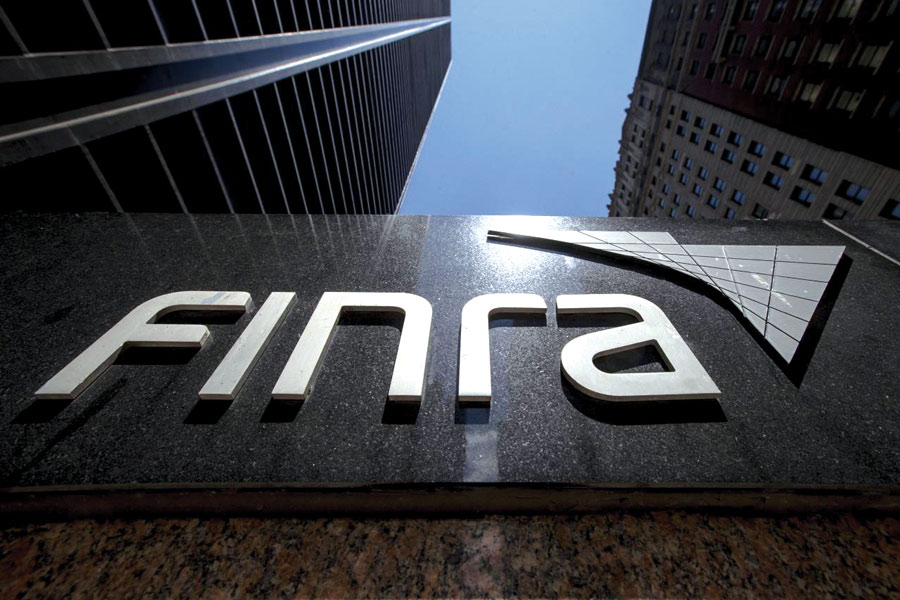

One notable firm is being asked to pay up a very hefty fine for spoofing in the Treasuries market.
BofA Securities will have to pay $24 million for over 717 instances of spoofing, the Financial Industry Regulatory Authority announced Thursday.
Spoofing is fraudulent trading that is meant to deceive other market participants into trading at a time, price, or quantity that they otherwise would not have followed through with.
Over the course of six years, from October 2014 to February 2021, a former supervisor and a former junior trader at BofA Securities engaged in 717 instances of spoofing in U.S. Treasury securities.
This resulted in “opposite-side executions in the same Treasury security or a correlated Treasury futures contract,” according to Finra.
Finra said through the years leading up to September 2022, BofA Securities didn’t have a supervisory system that was designed to detect spoofing in U.S. Treasury markets. The firm failed to have a supervisory system until November 2015, and that system was only designed to detect spoofing by trading algorithms, not manual spoofing by its traders.
“BofA Securities’ surveillance did not capture orders its traders entered into certain systems provided by external venues until at least December 2020,” Finra said in the release. BofA Securities also failed to supervise for potential cross-product spoofing in Treasuries through September 2022.
Bill St. Louis, executive vice president and head of enforcement at Finra said spoofing “undermines the transparency and integrity of U.S. markets by distorting the true nature of supply and demands.”
“Spoofing is especially detrimental in the U.S. Treasury securities market, given its status as a benchmark for countless financial instruments and transactions,” St. Louis said in the release. “This action sends a strong message that Finra will aggressively pursue firms that engage in spoofing, including cross-product spoofing.”
BofA Securities consented to the entry of Finra’s findings without admitting or denying the charges.
FINRA recently discussed spoofing and related regulatory obligations in its Annual Risk Monitoring and Examination Priorities letters and its Examination and Risk Monitoring Program Reports, including its most recent 2023 Exam Report.

While industry statistics pointing to a succession crisis can cause alarm, advisor-owners should be free to consider a middle path between staying solo and catching the surging wave of M&A.

New joint research by T. Rowe Price, MIT, and Stanford University finds more diverse asset allocations among older participants.

With its asset pipeline bursting past $13 billion, Farther is looking to build more momentum with three new managing directors.

A Department of Labor proposal to scrap a regulatory provision under ERISA could create uncertainty for fiduciaries, the trade association argues.

"We continue to feel confident about our ability to capture 90%," LPL CEO Rich Steinmeier told analysts during the firm's 2nd quarter earnings call.
Orion's Tom Wilson on delivering coordinated, high-touch service in a world where returns alone no longer set you apart.
Barely a decade old, registered index-linked annuities have quickly surged in popularity, thanks to their unique blend of protection and growth potential—an appealing option for investors looking to chart a steadier course through today's choppy market waters, says Myles Lambert, Brighthouse Financial.
